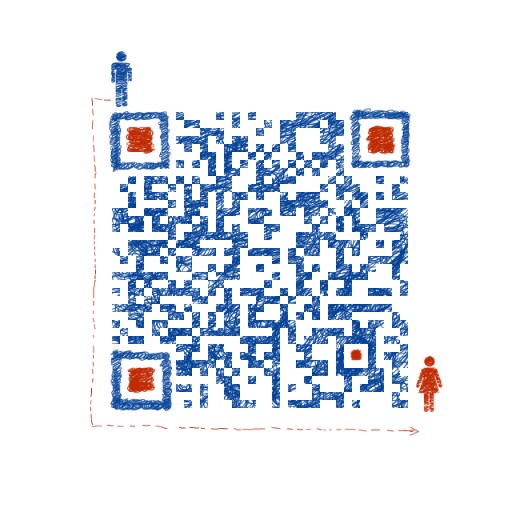Company new
Activist UKA patient selection
The success of UKA often depends on the right patient selection. After analyzing early failures, Kozinn and Scott proposed several indicators to determine the ideal patient choice for UKA, including the following:
◎Single-compartment non-inflammatory arthritis;
◎Under 60 ages old;
◎Weight less than 82 kg;
◎Avoid heavy physical labor or heavy activities;
◎The angle deformity that can be corrected at 90o flexion is <15o
◎ACL is complete
Patients with patellofemoral joint bone exposure and chondrocalcification are non-ideal candidates for UKA.
Expanded indications for active UKA
After following these strict criteria, Sah and Scott et al. reported improved survival. However, with improvements in clinical knowledge, surgical techniques and implants, these indications have become too strict. And it is mainly based on their clinical experience using fixed unicondylar prostheses.
The movable single condyle uses a completely consistent free-moving pad to cooperate with the spherical femur and the tibial joint. Contrary to the indications proposed by Kozinn and Scott, the indication for active unicondyle is only used for pathological anatomy of the disease. Pandit et al. questioned the limitations of patellofemoral arthritis, obesity, age, activity level, and ACL capabilities.

The 10-year survival rate of patients in the potential contraindication group was 97.0% (95% confidence interval 93.4-100.0), and the 10-year survival rate of patients in the ideal indication group was 93.6% (95% confidence interval 87.2-100.0), 10 years The follow-up showed that there was no difference in implant failure or revision rate between the ideal indication group and the potential contraindication group, and the potential contraindication group had better functional scores.
The use of body weight, age, mobility, patellofemoral joint state, and cartilage calcium deposition proposed by Kozinn and Scott are no longer contraindications to the use of active UKR.
Survival rate under different patient selection groups

Comparison of UKA's typical indications
Asymptomatic patellofemoral arthritis, even with exposure of
subchondral bone
There is no osteoporosis in the patellofemoral joint and medial
compartment
Traditional indications
New indications
Age >60 years old
No age limit
Weight <80 kg
No weight limit
Non-heavy manual workers, low activity level
There are no restrictions based on the amount of labor and activity
Preoperative range of motion ≥90°
Preoperative range of motion ≥90°
Deformities can be corrected <15°
Deformities can be corrected <15°
Asymptomatic patellofemoral arthritis
No osteoporosis in the medial compartment
Intact cruciate ligament
Cruciate ligament function is intact
References:
[1] Kozinn SC, Scott R. Unicondylar knee arthroplasty. J Bone Joint Surg Am. 1989 Jan; 71(1):145-50
[2] Jamali A A , Scott R D . Lateral Unicompartmental Knee Arthroplasty[J]. Techniques in Knee Surgery, 2005, 4(2):79-88.
[3] Pandit H,Jenkins C,Gill H S , et al. Unnecessary contraindications for mobile-bearing unicompartmental knee replacement[J]. The Journal of Bone and Joint Surgery. British volume, 2011, 93-B(5):622-628.
Categories
Latest News
Contact Us
Contact: Luffy Liu
Phone: +86 15062512110
Tel: +86 512 58796575
Email: luffyliu@jsgather.cn
Whatsapp: +86 15062512110
Add: B2508,Junma International,Shazhou west road, Yangshe Town,Zhangjiagang city,Jiangsu pro,China,215600
 Mr.L
Mr.L +86 15062512110
+86 15062512110